
Top stories



ESG & SustainabilityRedisa calls on govt to fix South Africa’s “broken” waste management system
35 minutes



More news















Coronavirus has proved that during a global pandemic, we all turn to food. Across the spectrum from our worst selves, panic-buying in the canned goods aisle to the best of us making sure those in need are fed; food is on all of our minds. During lockdowns, one of the only reasons we’ve had to leave the house is to go to the grocery store. We’ve suddenly had to cook everything from scratch and we’ve risen to the challenge like banana bread in the oven.
Culinary-minded design team Studio H is constantly reassessing and researching what we will be eating and how we will be eating in the future. In this trend report, we’ve turned our attention to what an altered food landscape will look like in a post coronavirus world. We look at how our values will change with more time for introspection and a heightened awareness of health and hygiene; how eating for wellbeing will become the new normal and delivery drivers our new sommeliers. How restaurants and supermarkets might adapt and evolve; and what our current reality could mean for brands in the future.
At the heart of this report is the creativity that society has rediscovered baking en masse, sewing masks and entertaining children at home. As businesses and individuals, it’s creativity that we’re all going to need to wield in a new world. By applying creative thinking, we get to design what this might look like.
New essentials
A new understanding of time is crafted with a re-shifting of focus from the pressure of to-do lists and a re-prioritising of what’s important. The glorification of being busy will lose relevance. A decrease in productivity is beneficial to the climate and our stress levels.
We will enter an era of slow consumption, and we are consuming in a new, more considered way.
This will lead to fewer products in shops but displayed beautifully. Retailers and supermarkets will utilise excess space to create space for community gatherings.
Suppliers are rethinking and prioritising all products and product categories. Every product should tell a story, serve a purpose and add a meaningful contribution to consumers’ lives.
Coalition of sharing
The general sense of solidarity and generosity that we’re experiencing now will live on beyond the time of the pandemic. Brands are adopting this new sense of sharing and caring as part of their manifestos to survive and thrive in the post-coronavirus world. Brands will be more transparent and generous with knowledge, sharing it with consumers. The era of trade secrets is something of the past.
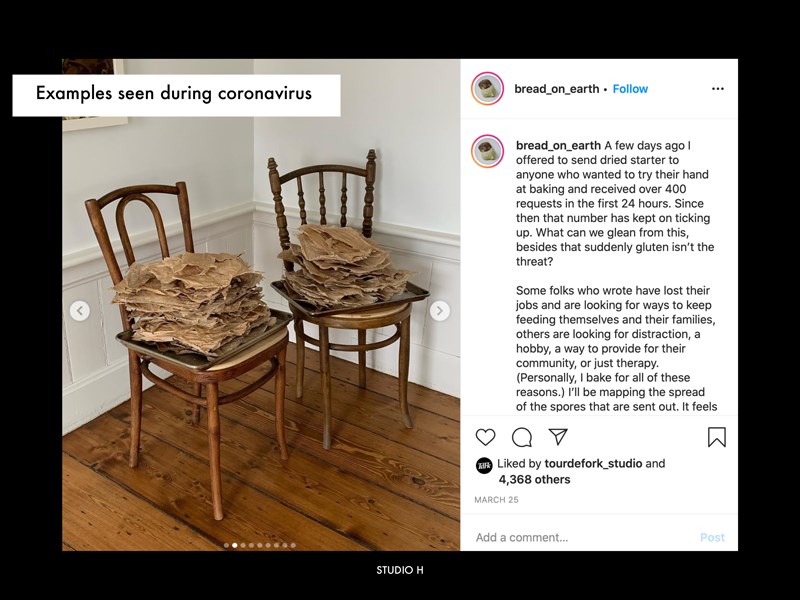
New nationalism
The current WFH (work from home) protocol, the rise of video conferencing pre-pandemic and corporate concerns over climate change will mean that business travel will be in decline.
Spurred by the climate crisis, flying shame is already a phenomenon in Sweden, which is seeing travellers choosing not to fly. In 2019, a Bloomberg survey received responses from 21 of 29 companies listed on Sweden’s benchmark index who stated more of their travel will be on trains, more of their meetings will be online and they aim to pay fees to offset the carbon dioxide produced from their air travel.
We will see an intensified return on domestic tourism. There’ll be a shift away from travel to big cities as people head out of congested areas to ‘getaway’ for mini-vacations. There will be a strong focus on our history, origin and local flavour. Businesses, restaurants and products that can offer uniquely local and authentic products will thrive.
New pioneers
In preparation for a potential next pandemic and a quest for self-sufficiency, everyone will become a farmer in some sense. We will grow our produce from seeds and cuttings in kitchen gardens and any available space. In a reversal of urbanisation, we will see more people relocating to less populated areas to get away from high human density. We are going to dig out old family and community recipe books with remedies and tips from our parents and grandparents.
We will want to feel prepared for whatever may come next. Books like Feeding Everyone No Matter What: Managing Food Security After Global Catastrophe (2014), by David Denkenberger and Joshua M Pearce, which propose underground mushroom farms or developing bacteria-based foods for survival no longer seem extreme.
The professional amateur
With the rising realisation that we are inherently creative beings, we are newly motivated and encouraged to find our true passion in life and to do what we love. With disruptions to our working lives, we’re occupying our time in new ways and remembering old interests. With this realisation comes an element of learning to add a layer of knowledge to our lives. We are going to see many people doing at-home courses and learning new skills. Skilled people are sharing their knowledge for free in online classes and workshops or for a subscription fee as an alternative form of income. People are returning to needle and thread in response to the plea for homemade masks. There will be a rise in home-industry as people start new passion projects.
(With acknowledgement to Li Edelkoort for coining the phrase the Age of the Amateur.)
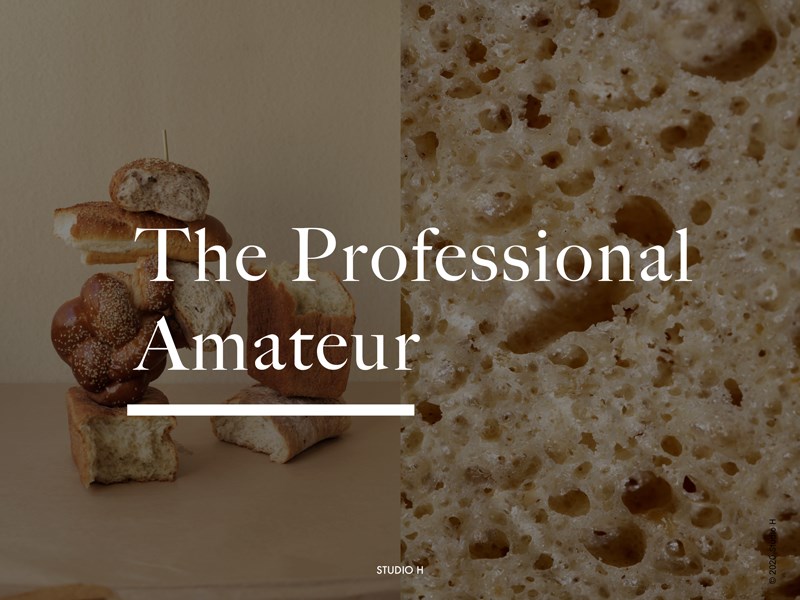
Community and connection
During the lockdown, our hankering for a sense of community has never been stronger. Baking banana bread and making amagwinya en masse gave us a sense of purpose, belonging and security. People have never engaged more – social media engagement has shot through the roof – going beyond likes and emojis to connecting on a much deeper level. The art of conversation is being rediscovered as we communicate over new media.
The vital art of journalism is being appreciated and trusted like we have not seen in decades. We want to know the facts and trust the source. This signals the end of the era of the social media influencer who has no content beyond glamorous products and parties. This makes room for brands to speak to consumers in more meaningful ways.
Reshaping the way we eat
Ambient food delivery
Food delivery is changing to take the entire restaurant experience to people’s homes. Cooking techniques are going to adjust to account for the new delivery time to people’s plates. Homes may get food post boxes installed to ensure contactless food delivery. Delivery drivers may replace the front of house experts and could be trained as sommeliers. We’ll see innovation in the design of food to fit into and be presented within delivery boxes: boxes become the new supermarket shelves and restaurant tables. Restaurants are including special ‘celebration’ items on take-out menus to ensure customers who used to go out for special celebrations can still celebrate with their favourite restaurant brand at home.
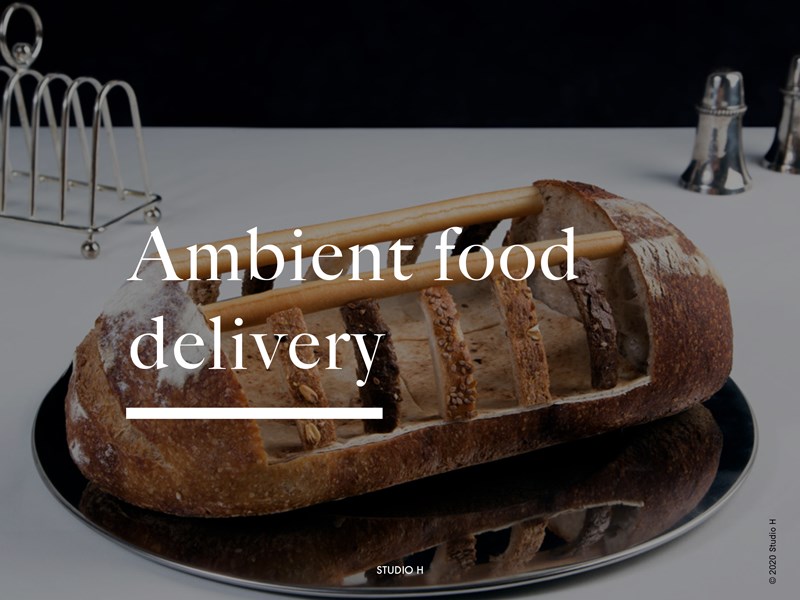
Supermarkets
The drive-through experience will expand to supermarkets and we’ll see a new type of advanced drive-through vending machine supermarket. As fewer shoppers will be browsing the aisles, new avenues for food sampling are going to be developed. There will be a need for a new food vocabulary explaining flavours that people have only seen on their screens, similar to wine tasting flavour wheels. Local products will be celebrated and supermarkets will stock fewer imported goods as these will become more difficult to get.
The invisible workers in our food chain are becoming visible through the rebranding of the job sector. Shelf packers and truck drivers are branded as the essential workers they always were.
Solo eating experiences
We are seeing restaurants reconfigured with booths for one person with very limited interaction with the wait staff, similar to the ramen booths in Japan where patrons place orders electronically, sit in a single booth and food is served through a hatch that opens and closes. Social distancing cubicles may become permanent fixtures as part of restaurant fit-outs.
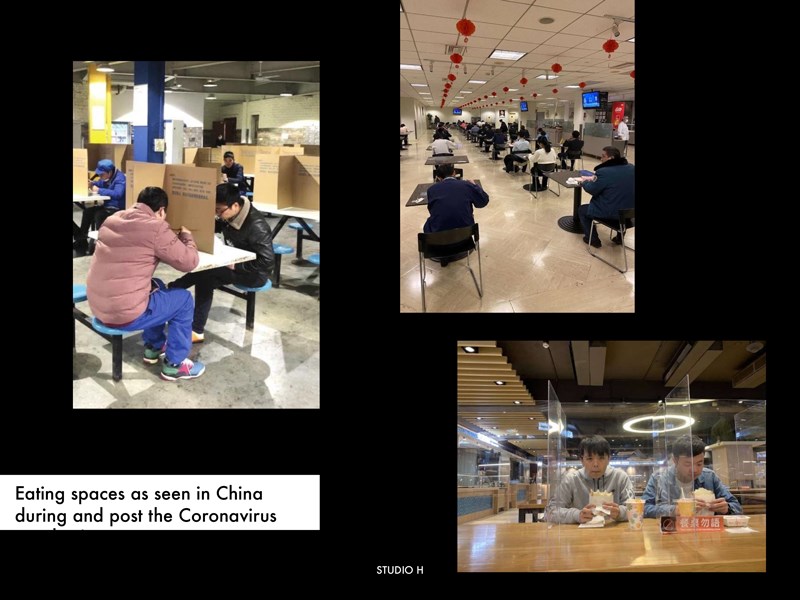
Eating with intention
The current acute focus on health and self-care translates to mindful eating and eating to enhance and balance mood. Instead of heading to the bathroom medicine cabinet, our first port of call when feeling sick will be a dedicated mood pantry where we’ll intentionally stock foods or ingredients with direct links to our mood and wellbeing.
Everything we do in healing, post coronavirus world will be first and foremost about health. Health and wellbeing will become a valuable commodity like never before. We will see many brands hosting small pop-up events around health and wellbeing.
Hyper hygiene
To avoid using shared utensils, extended sets of cutlery as part of everyday table settings will make a comeback around the table. Each guest will be given their own dishing up cutlery in addition to the usual knife, fork and spoon. People may bring their utensils to restaurants.
Sonic seasoning
Sound can have a profound impact on the perception of taste and we will see the use of sound and ASMR to recreate restaurant experiences and increase taste sensations. In the instance of food delivery, we may see food being presented with a soundtrack to enhance the overall eating experience.
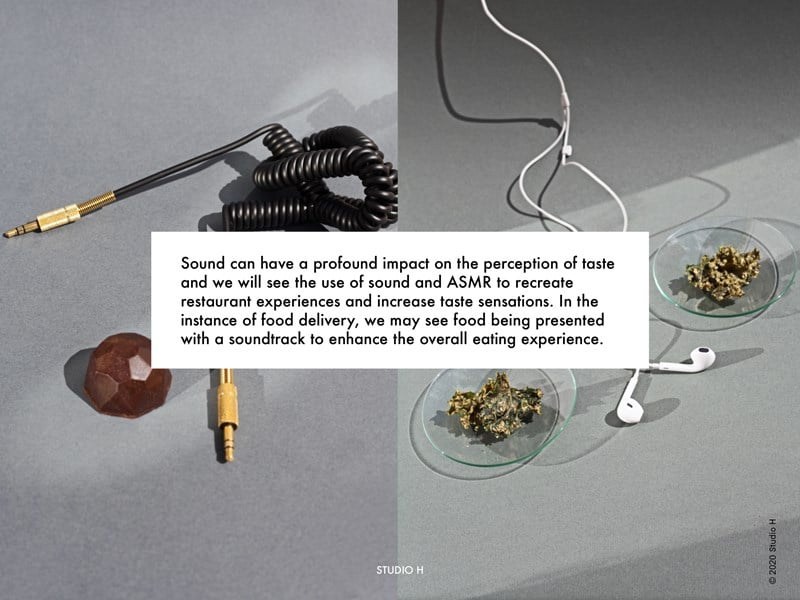
Extraordinary ordinary
We will be hugely influenced by the extremely creative ways that people dealt with ingredient scarcity during the pandemic. There’ll be a resurgence in smart meal planning and the art of ingredient substitution. Mundane ingredients will be elevated to create innovative meals with what’s readily available. We will see many creative solutions that use excess crops and traditional crafts such as preservation and pickling. Combating food waste will become aspirational and will be elevated to an art form.
(Un)experiences are the new experiences
Super personalisation
As we see an end to social distancing, there may still be generalised fear around mass gatherings. Guest lists for events will be smaller and we will celebrate with a select few. Instead of throwing big events, brands will host a series of mini-experiences that are super bespoke and every detail is considered. They will be very intimate and hyper-personalised, sometimes just for one person. These events are amplified through a video broadcast on wider online platforms. Venues will be understated and small with a focus on authenticity and honesty.
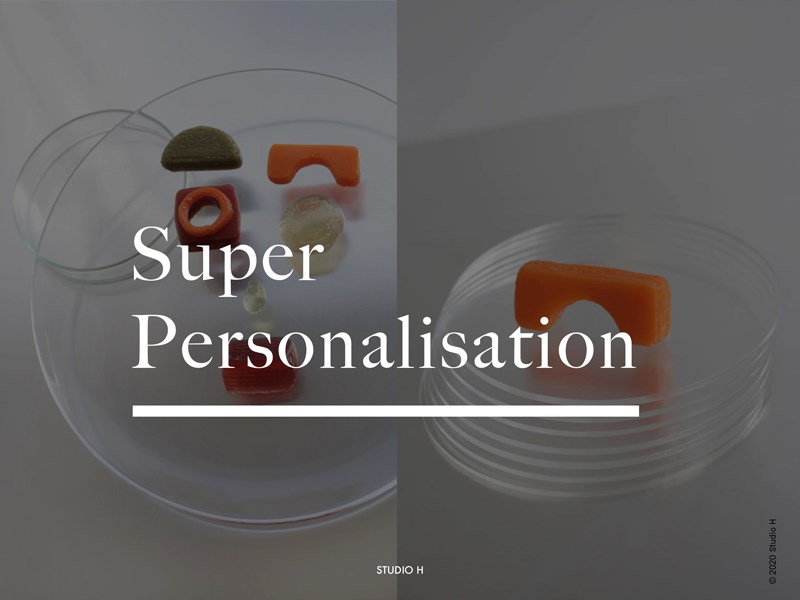
Underground hedonism
Being in lockdown in vastly different circumstances has made people more acutely aware of inequality and privilege. Any display of wealth and excess will be taboo, but people will still want to launch into post coronavirus celebrations in a very indulgent manner. We’ll see many secret parties taking place as an outlet.
Micromasters
Due to a downturn in tourism, wine and liquor brands will focus their attention on locals. Small bespoke consumer gatherings (like pop-up shops for wine farms in cities) and sensory tasting experiences will be a key part of brands’ consumer offerings.
Provenance is extremely important and brands that are deeply rooted in exploring a sustainable future are going to win over consumers. Branding and messaging will be kept simple, with a strong focus on pure and high-quality ingredients.
There is also a rise in micro distilling and home brewing as people continue to find solace in their homes.
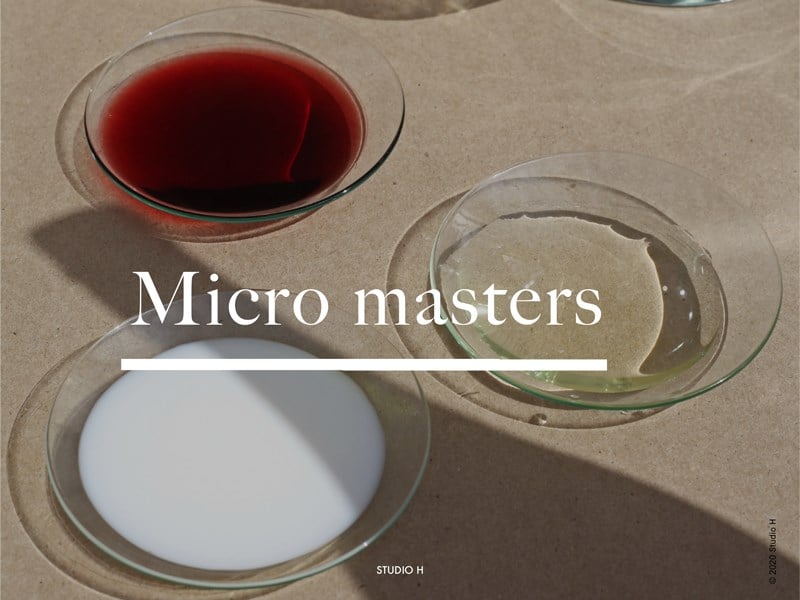
The state of touch
Never have we focused more on our hands, but weren’t allowed to touch anything. In times of crisis, humans crave tactility. After months of sensorial deprivation and the fear of touching we are yearning for tactile experiences. Touch is paramount and we will see an abundance of haptic experiences that will be controlled and sanitised. We imagine a rise in haptic dining experiences, tactile brand experiences (imagine low tech brand pop-ups) and incredibly textural packaging.
Brands braving a new world are going to need guts and imagination. We’ll meet you on the other side.